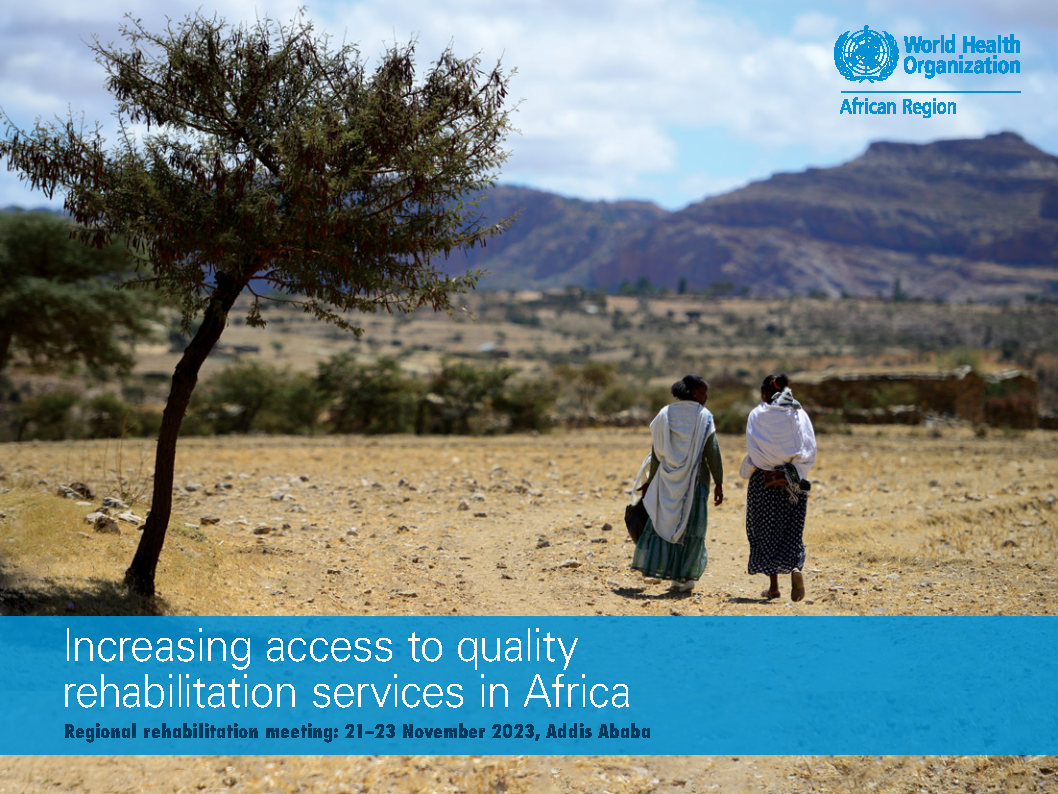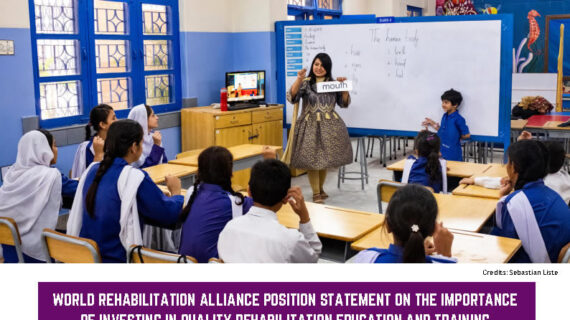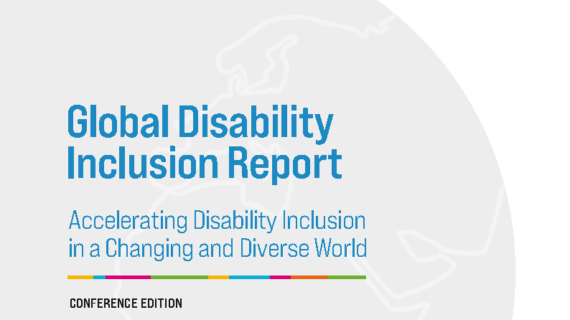Increasing access to quality rehabilitation services in Africa
The Regional Rehabilitation Meeting report by the WHO Regional Office for Africa highliths critical issues and opportunities in rehabilitation in African countries. There are significant gaps in rehabilitation services, with at least 63% of people in need not receiving the required care.
his gap is attributed to increased rehabilitation needs because of an ageing population, a rise in noncommunicable diseases and injuries,and limited capacity of services. Rehabilitation services are largely unfunded and underprioritized by health sectors, leading to poor coverage,especially at Primary Health Care (PHC) and community levels.
The African Region shows the lowest density of the rehabilitation workforce worldwide. This report emphasizes the urgency of addressing these challenges, building on learnings from and expanding the implementation of the Rehabilitation 2030 initiative, which aims to integrate rehabilitation into the health system.
The development and implementation of comprehensive policies for rehabilitation –inclusive of assistive technology – under the eadership of ministries of health is essential.
ountries’ experiences so far show that this requires long-term commitment, clarity of responsibilities of different actors and careful prioritization for mobilization and allocation of resources. Collecting and analysing rehabilitation data is key for strategic planning, implementing interventions, and ensuring accountability.
reater awareness of the importance of data and the utilization of available toolkits for integrating rehabilitation data into routine systems is needed to strengthen information management in countries.
The rehabilitation workforce comprises a broad range of specialized profiles and skilled healthcare workers across all levels of care. Evidence-based,cost-effective, multidisciplinary rehabilitation service models adapted to local contexts are needed to fill the huge gaps in the region. Most rehabilitation and assistive technology needs can be met at the PHC level. The meeting allowed countries to share initial learnings on task-shifting and training other health professionals on basic rehabilitation interventions as part of essential health care packages.







